Although there are many town halls who are yet to catch up with both the legal and moral requirements for accessibility, in places where movement to the likes of pedestrians can be restricted, it can be impossible at times for those with reduced mobility.
However, even where planners fail, as motorists, we can all play a part in trying to ease the problems suffered by many people on a daily basis, by having a little bit more consideration, and putting ourselves in their place, albeit mentally.
For example, when parking, look for areas where the pavement drops. In many areas there will be a vado sign prohibiting parking anyway, but in others, no such sign may exist, and this could be a remnant of a past pathway.
Under no circumstances should you ever park or stop on the pavement. Pavements are for people, not vehicles. If you are in a situation where you would otherwise block the road, then it is not suitable for stopping anyway. Your actions as a vehicle driver must never force vulnerable people, like pedestrians, onto the road.
Don´t obscure visibility when you park. The things we have mentioned already can lead to a fine, but they can lead to inconvenience and even danger, so respect should be the motivation.
Parking in a blue badge zone or parking space without displaying the blue badge also carries a fine, the reason being that these spaces are reserved for those with reduced mobility. Similarly, respect should be extended when parking nearby, making sure that sufficient room is left to enable the badge holder, who may be a driver or passenger, to access and egress their vehicle.
Some of the issues faced by blue badge holders were highlighted this week by Claire Lomas MBE, a British campaigner, fundraiser and former event rider known for finishing the 32nd Virgin London Marathon in 17 days using the ReWalk robotic suit.
“Sometimes people wonder how I get in/out the car, get my wheelchair in & then drive when I am paralysed from the waist down”, she posted on Twitter, before explaining how lightweight wheelchairs and car adaptations give her the independence, before pointing out, “people parking in disabled bays with no blue badge often remove this independence”.
In a separate post, Claire described how she explained to a lady recently about the need for a blue badge in order to park in the disabled bay. “She was polite but thought it would be okay on a Saturday”, Claire continued, “not sure many people get the weekends off being disabled”.
It is of course worth remembering that following Brexit, UK-issued blue badges are not generally accepted in Spain. Some local authorities allow them, but most don´t, so it is worth checking. You can apply for a blue badge at your local town hall.
Irrespective of eligibility, the blue badge scheme must be respected.
If you are not entitled to display a blue badge and use a manipulated, falsified, photocopied or a card belonging to a deceased person, you could be fined up to 1,500 euro.
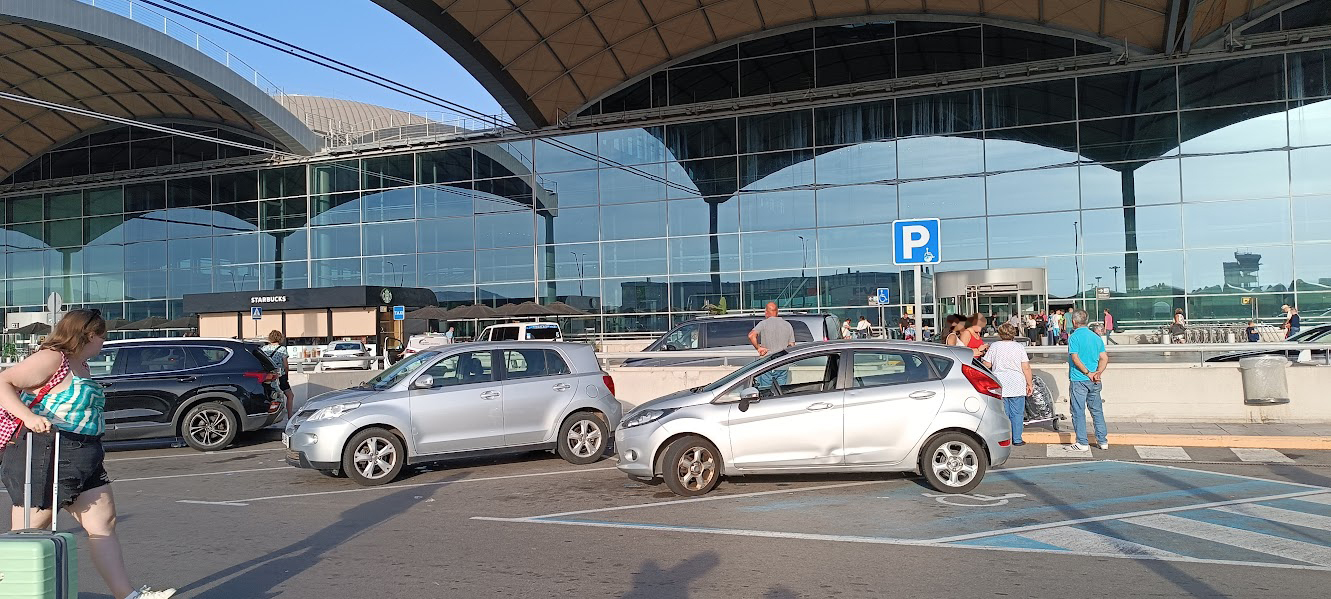
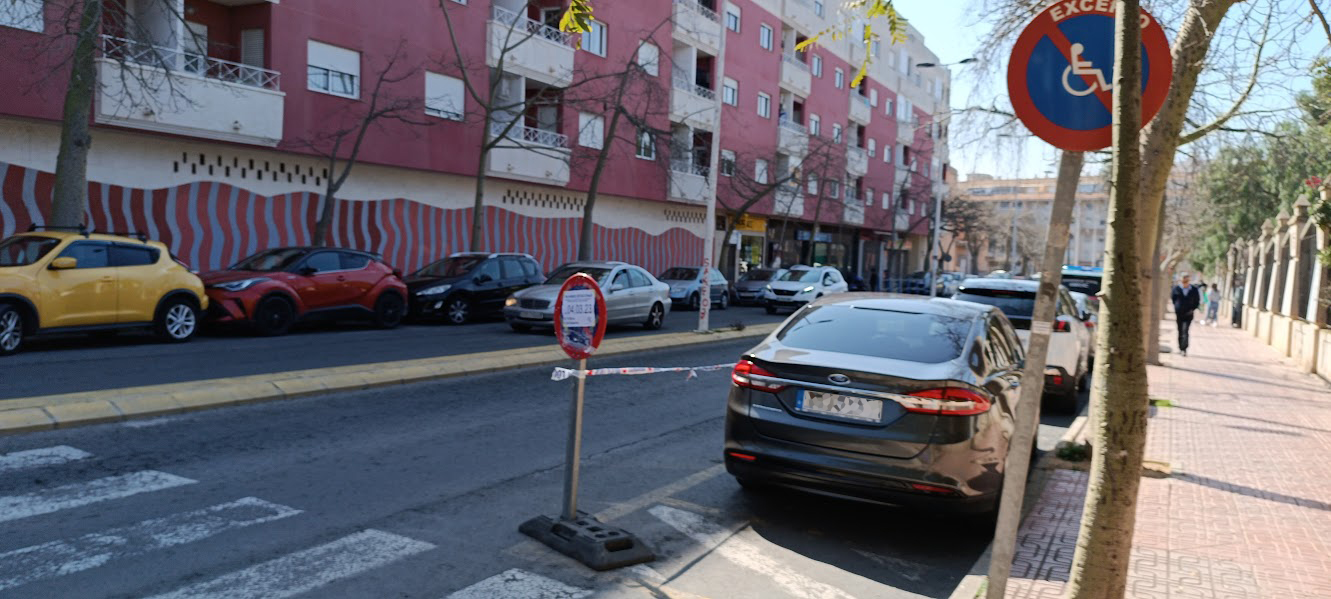

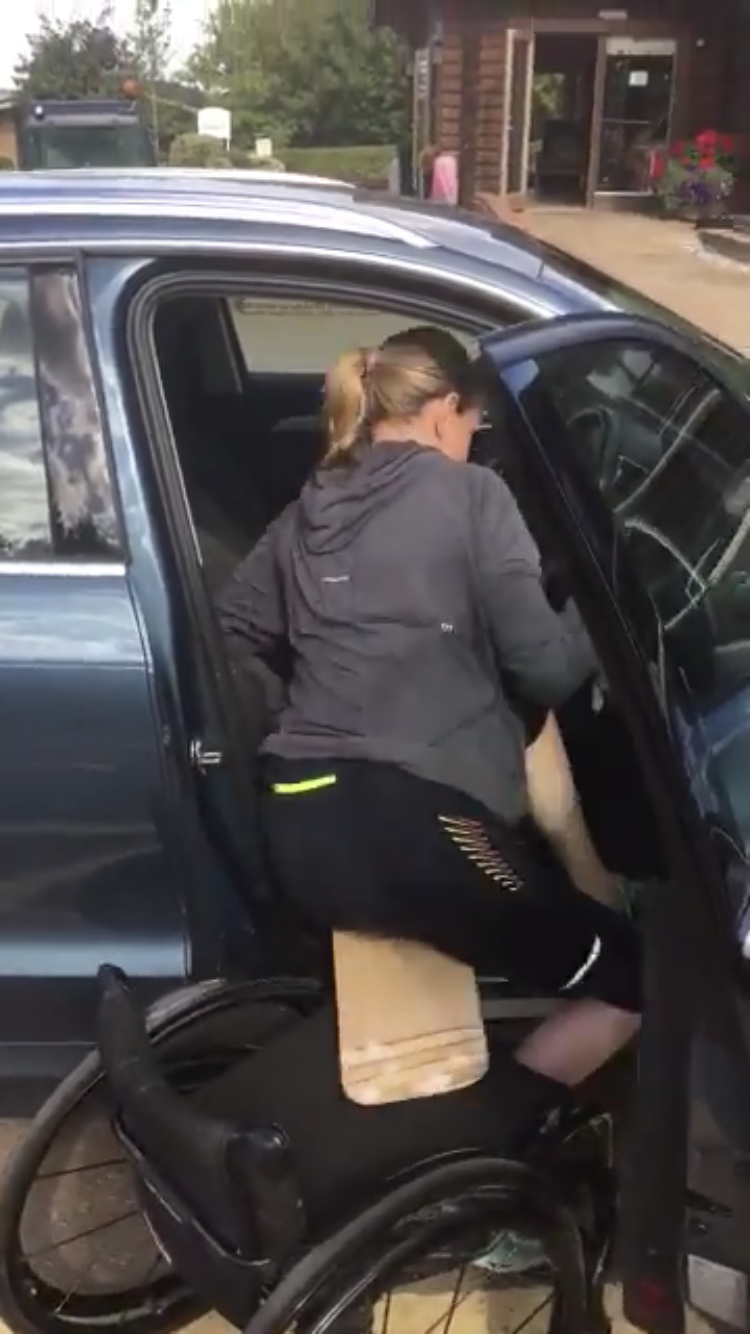
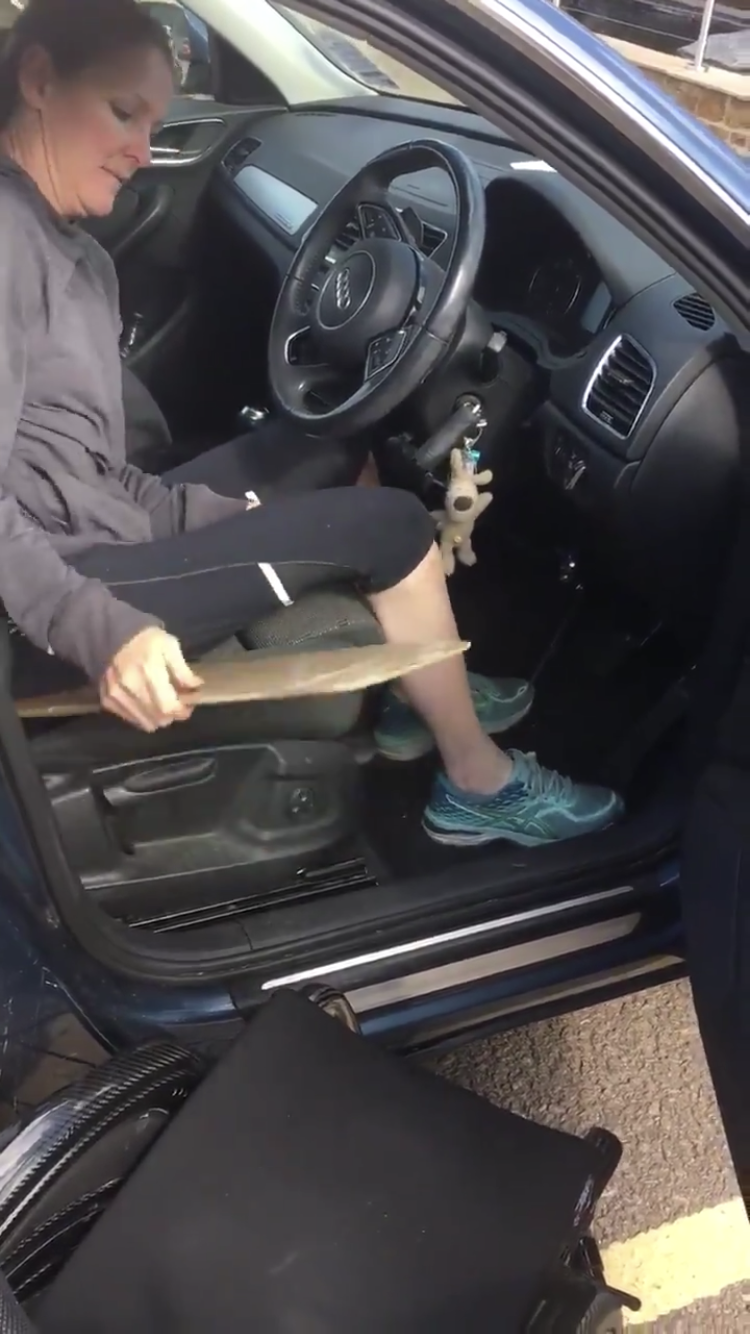
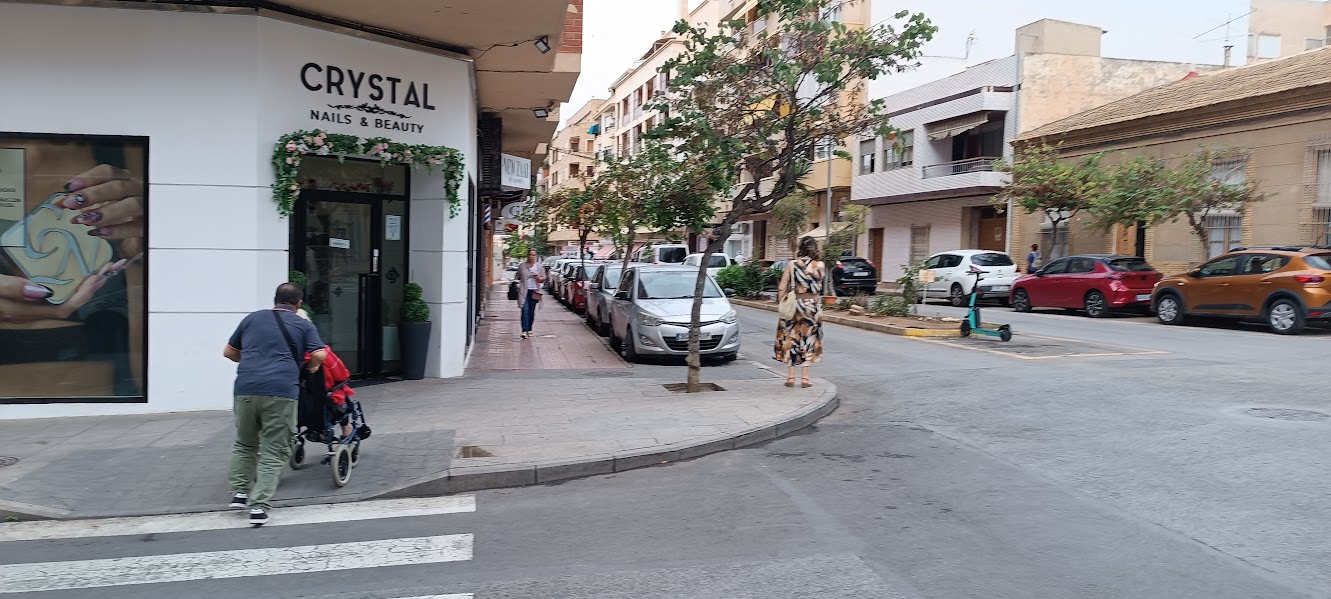
Discover more from N332.es - Driving In Spain
Subscribe to get the latest posts sent to your email.
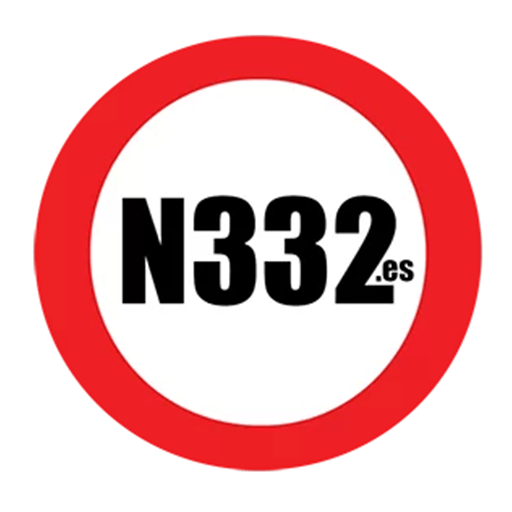
You must be logged in to post a comment.